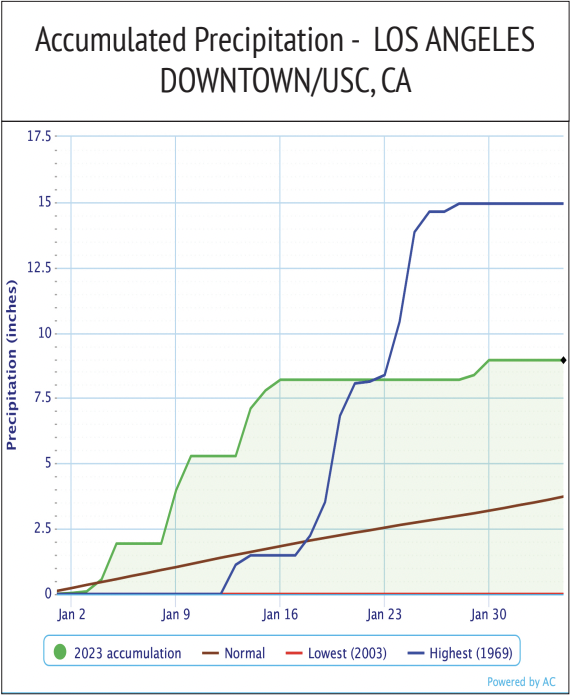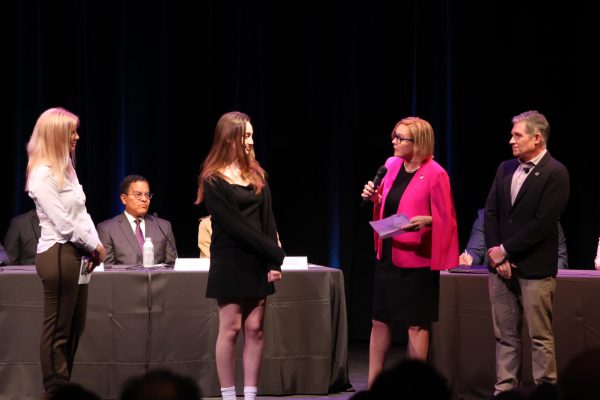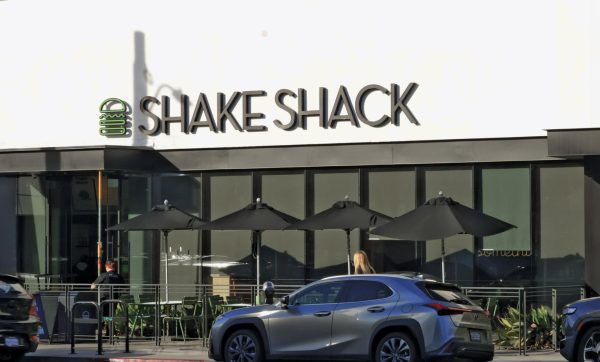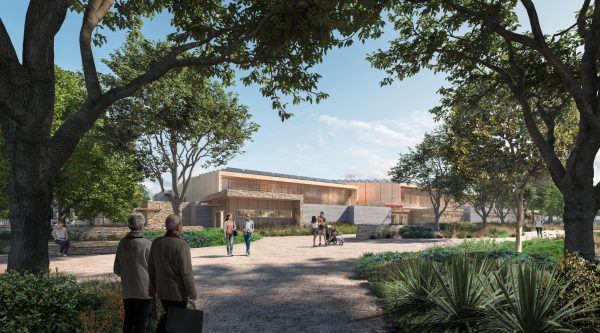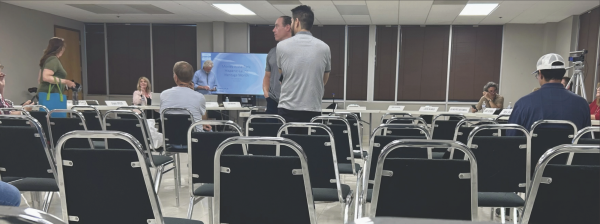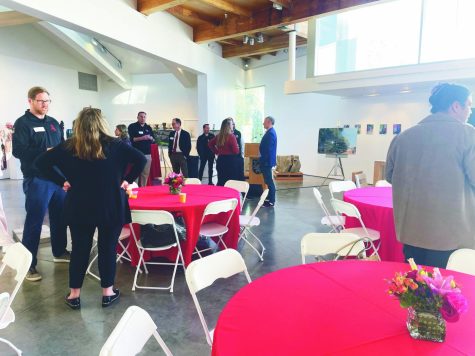LA’s heavy rain creates mudslides
February 8, 2023
Over 20 inches and eight atmospheric rivers of heavy rain across California caused mudslides throughout January, leaving Mulholland Drive between Laurel Canyon Boulevard and Coldwater Canyon Drive closed until further notice, according to the City of Los Angeles. Mudslides are often caused when water rapidly fills on top of a steep slope and places excess pressure on the rock, according to the U.S. Geological Survey.
Science Teacher Nancy Chen, who has a Master of Science in Geology from California State University-Fullerton, said the drought that came before the heavy rain made mudslides more likely to occur.
“The drought we’ve been experiencing has made our ground a lot drier,” Chen said. “That means that the soil is not adapted to a sudden influx of rain. A couple of sprinkles here and there won’t cause much damage because the water will get absorbed. But because of the record-setting rain [on dry land], the ground is unable to absorb water fast enough.”
Mudslides generally occur where wildfires or human modification have destroyed vegetation, according to the California Department of Public Health. Science Teacher Ryan Ellingson said the increased rainfall is also an effect of climate change.
“The tropics are always warm, whether it’s El Niño or not,” Ellingson said. “Atmospheric rivers on the West Coast are not unusual, but it’s also [because of] climate change. Climate change is making [the rain] stronger and more frequent.”
Chen said that although she wasn’t directly affected by mudslides, she understands the effects they could have on homes and infrastructure.
“I can imagine for people who live in the mountains, or live [at] the bottom of mountains where most of the accumulation of mudslides occurs, it’s going to affect them,” Chen said. “The large amount of precipitation also does affect our electricity, especially the power supply to certain communities.”
Sasha Gadalov ’25 said the mudslides are still negatively impacting her commute to school, since she has to take detours to avoid the mudslides.
“I used to take Mulholland [Drive], but now it’s closed halfway to Coldwater Canyon,” Gadalov said. “Instead, I have to go down Beverly Glen, but now I’m stuck in over 10 minutes of traffic every day, taking away from the time I used to have to eat breakfast and interact with my friends. I always looked forward to that breakfast, but now I have to be stressed about barely making it to school on time.”































